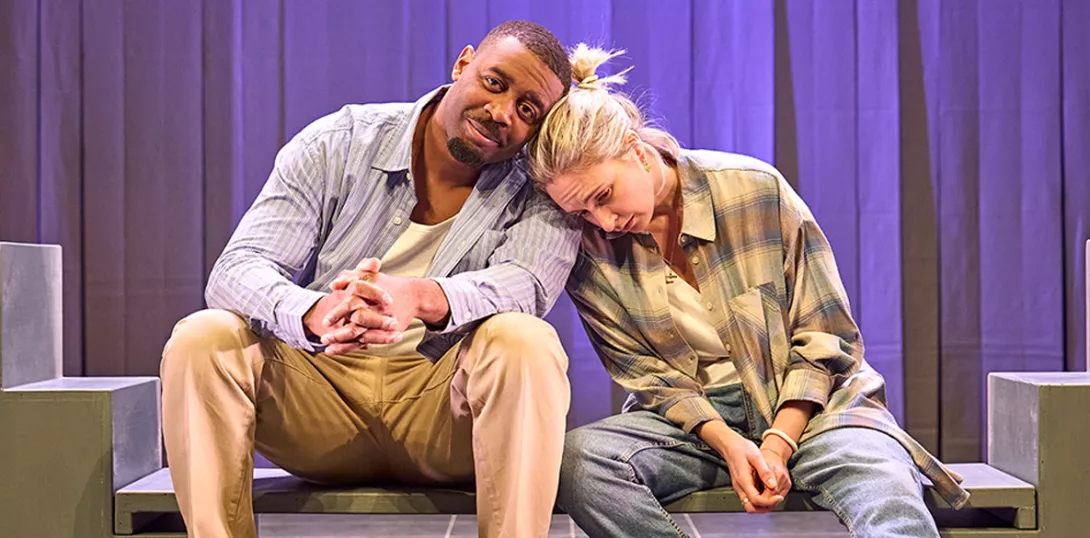SIMON PARSONS is discomfited by an unflichingly negative portrait of motherhood and its trials
A banquet of provocative film-making
RITA DI SANTO salutes the political choices made by the departing directors of this year’s Berlin Film Festival
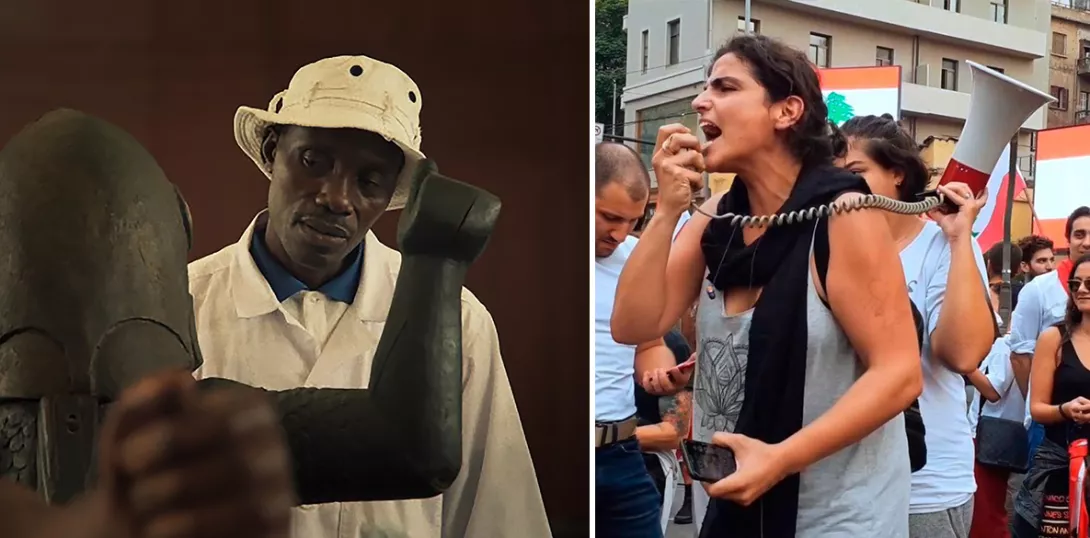
THE Berlin Film festival jury got it right awarding the Golden Bear to Dahomey, a film that engages deeply with key topics of our time, but also displays a distinctive, humane cinematic style.
When it showed early in the festival, it had the look and smell of a Berlinale winner; an extraordinary hybrid of fiction and documentary in which Senegalese director Mati Diop gives voice to statues, allowing them to tell their own story.
The statues are 26 royal treasures stolen by French soldiers in 1892 and finally given back to the west African country of Benin in 2021. The supervisor touches the objects, made from wood and metal, with extreme care, while the people of Benin are exalted about their arrival.
More from this author
The phrase “cruel to be kind” comes from Hamlet, but Shakespeare’s Prince didn’t go in for kidnap, explosive punches, and cigarette deprivation. Tam is different.
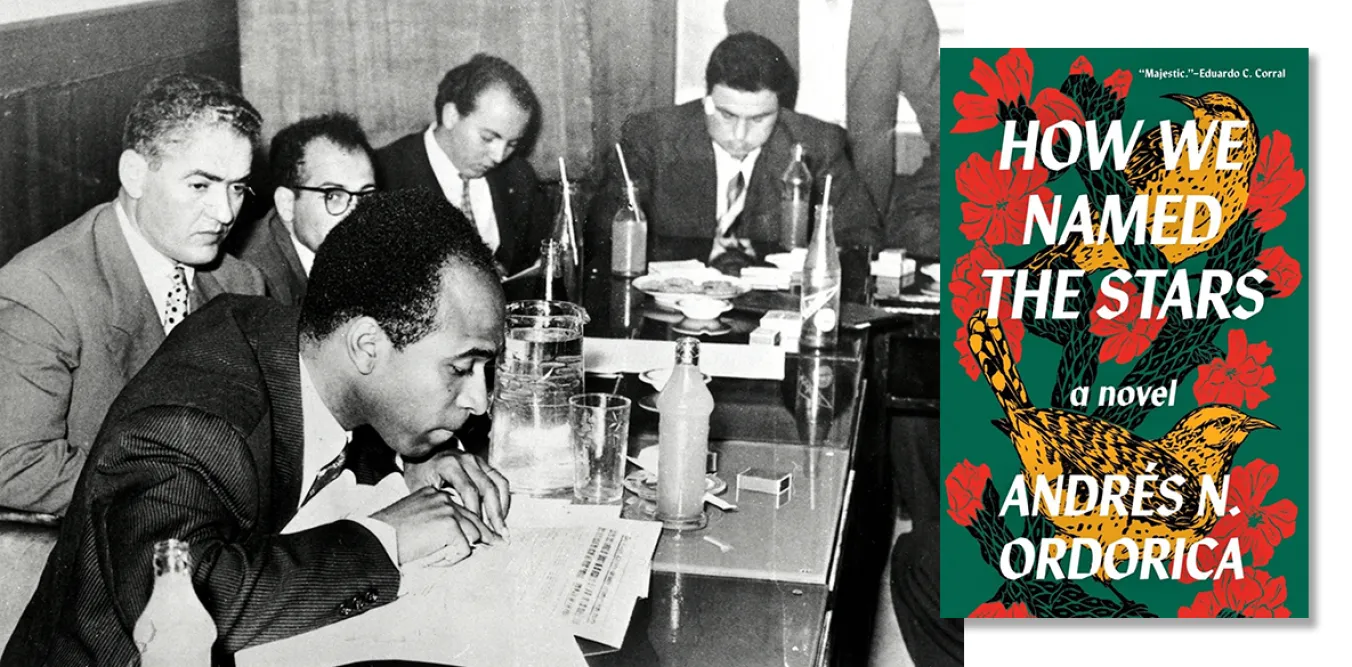
ANGUS REID deconstructs a popular contemporary novel aimed at a ‘queer’ young adult readership

A landmark work of gay ethnography, an avant-garde fusion of folk and modernity, and a chance comment in a great interview

ANGUS REID applauds the inventive stagecraft with which the Lyceum serve up Stevenson’s classic, but misses the deeper themes
Similar stories
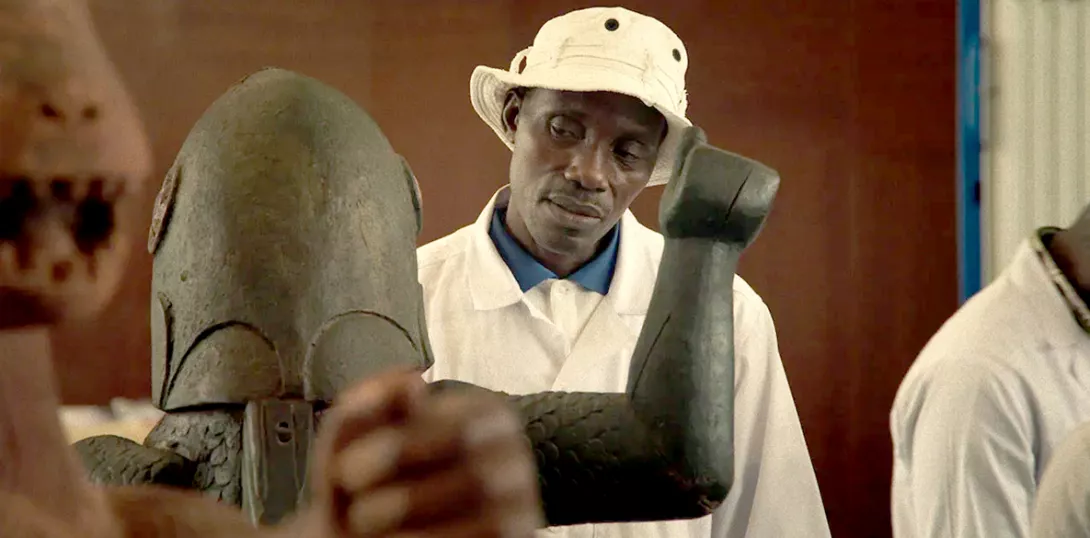
Colonial plunder goes home, chilly euthanasia, transsexual drug baron and venom’s end: The Star's critic MARIA DUARTE reviews Dahomey, The Room Next Door, Emilia Perez and Venom: The Last Dance
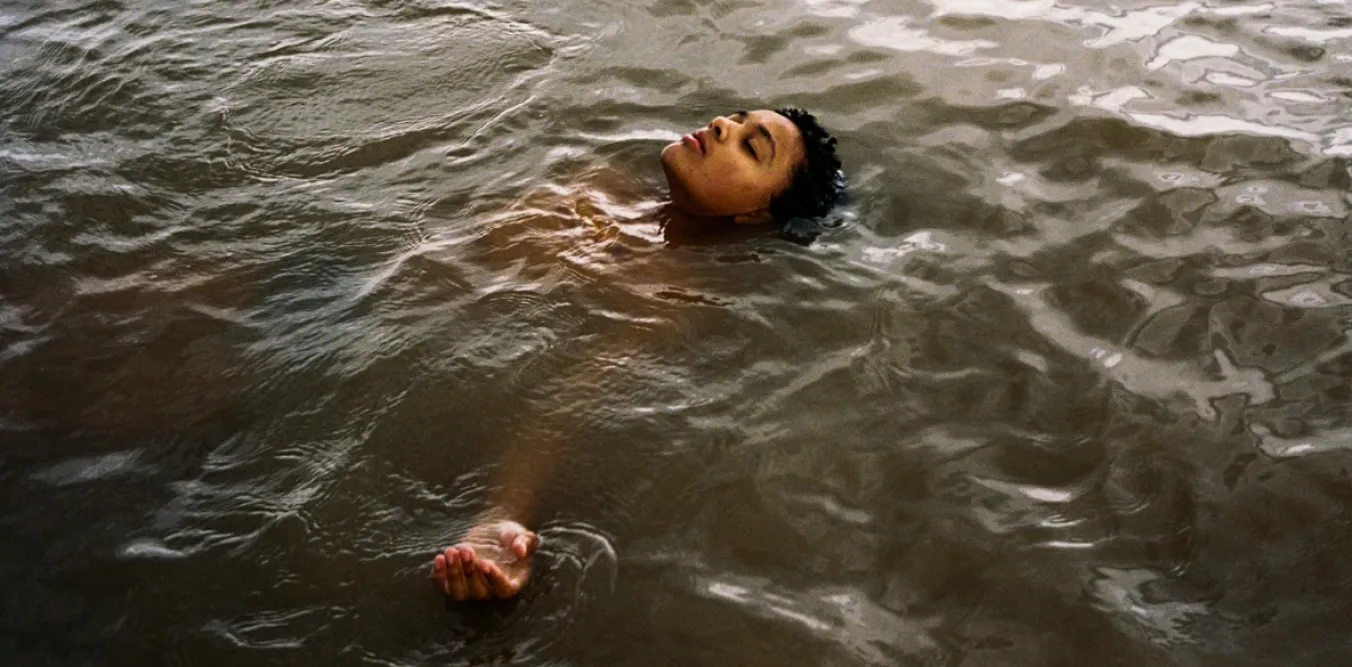
RITA DI SANTO casts an eye over the winners - and the overlooked films - from this year’s festival

RITA DI SANTO looks at what is on offer
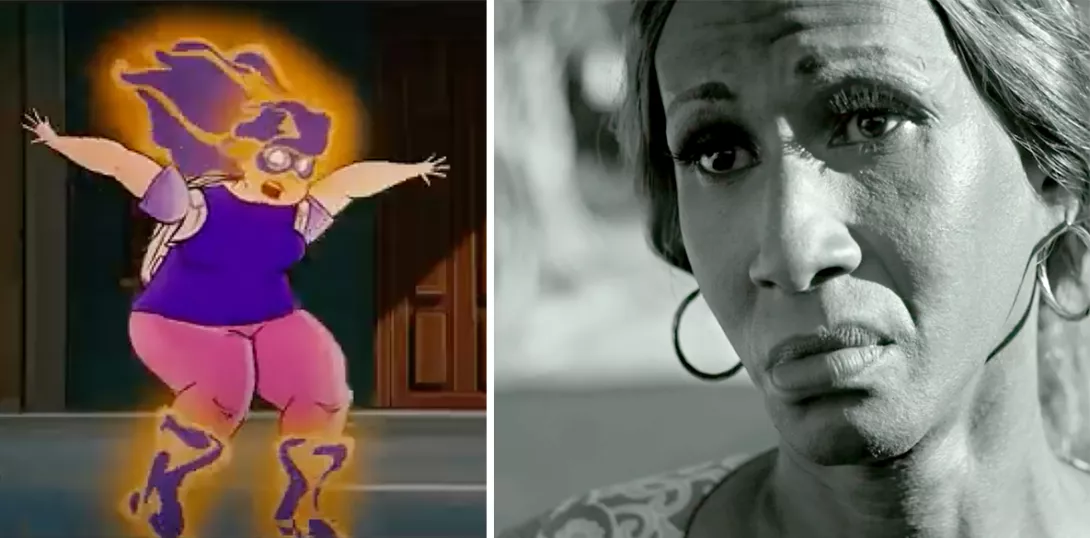
ANGUS REID speaks to Tania Delgado, the director of Havana Film Festival, as Screen Cuba film festival kicks off in London


